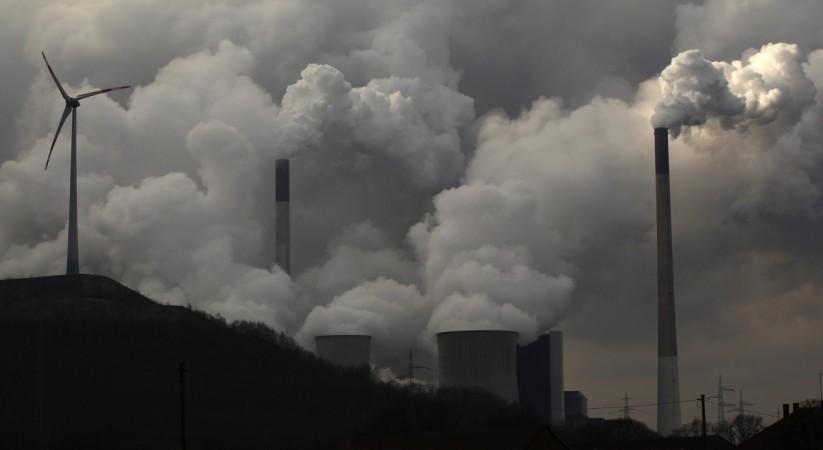
Air pollution triggers the risk of being susceptible to type-2 diabetes in adults, a recent research by German scientists has found. The research was carried out earlier this month by scientists from German research centres Helmholtz Zentrum München and German Center for Diabetes Research (DZD).
The study involved around 3,000 participants who lived in Augsburg and two other neighbouring counties. Researchers analysed their fasting blood samples for various indicators of inflammation and insulin resistance. Non-diabetic participants faced an oral glucose tolerance test in order to find if their glucose metabolism was damaged.
"Whether the disease becomes manifest and when this occurs is not only due to lifestyle or genetic factors, but also due to traffic-related air pollution," Prof. Annette Peters, the Director of the Institute of Epidemiology II at Helmholtz Zentrum München and head of the research area of epidemiology of the DZD, said.
The data collected by the researchers was then compared with the levels of air pollutants from the residence area of the partakers. They approximately calculated the levels of nitrogen dioxide at 40 sites and the measurement of particles at 20 sites located in the counties and the city using predictive models.
It was found that the participants with pre-existing damaged glucose metabolism were more susceptible to the negative impact of air pollution, Dr. Kathrin Wolf, the lead author of this study, explained.
"In these individuals, the association between increases in their blood marker levels and increases in air pollutant concentrations is particularly significant! Thus, over the long term -- especially for people with impaired glucose metabolism -- air pollution is a risk factor for type 2 diabetes," Wolf stated.
Despite steps taken by European countries to maintain air quality, the pollutant concentration is more when compared to the values set by WHO, although it is below the decided threshold values. As a result, researchers have demanded changes in the guidelines set by the government.
"Lowering the threshold for acceptable air pollution levels would be a prudent step," said Dr. Alexandra Schneider, another researcher involved in the study. "We are all exposed to air pollution. An individual reduction by moving away from highly polluted areas is rarely an option."
The scientists will further research on the impact of ultrafine pollutants while focusing on diabetes and try to come up with a cure to combat the rising frequency of diabetes.








